‘Keep Covid co-operation going’
Australian chief executives have stressed the need to maintain the spirit of collaboration seen through the past year.
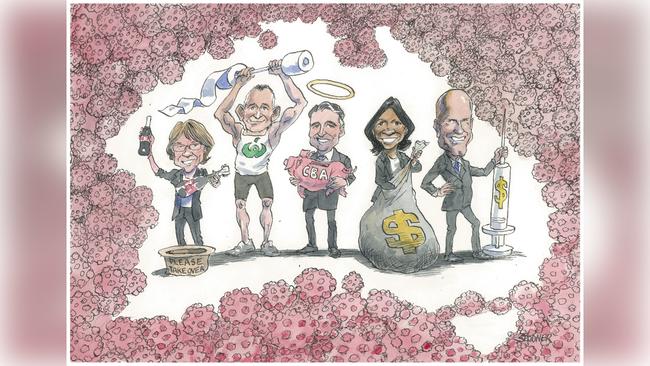
Australian chief executives have stressed the need to maintain the spirit of collaboration seen through the past year to ensure the economy builds sustainable momentum to increase jobs growth.
In an annual survey of over 80 of the nation’s top bosses, The Weekend Australian has learned the dramatic year marked by the COVID pandemic demonstrated that the country performs well in adversity — but the trick is to harness that same energy long-term.
Most were complimentary about the federal government’s efforts and particularly the national cabinet, but the fear is this sense of achievement will soon see the foot taken off the reform accelerator. At the same time, confidence in the economy should not be confused with relief over getting COVID under control.
Ian Silk of the $200bn AustralianSuper fund said “getting the unemployment rate down to pre-COVID levels may take years and needs to be a major focus of the government”.
Coca-Cola Amatil boss Alison Watkins said the past year showed “how much can be achieved when all stakeholders work collaboratively towards a common goal. It is vital that we maintain this spirit of collaboration”.
BHP’s Mike Henry said: “This year has … demonstrated the remarkable things we can achieve when working together in common cause. We have overcome huge challenges in 2020 — as individuals, as organisations and as a nation”.
Australian Unity’s Rohan Mead said: “The success of the emergency economic intervention is they have shown the government the urgency and scope of desirable reforms to support future prosperity.”
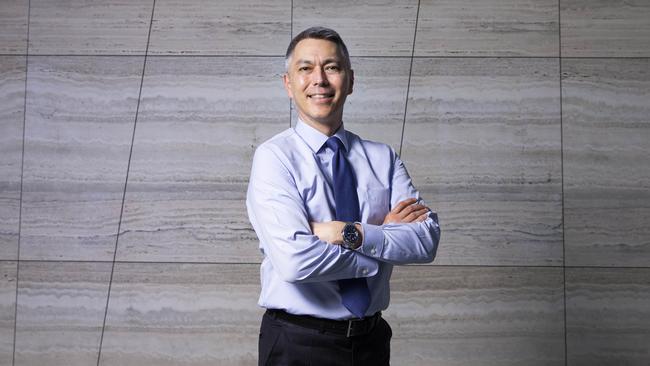
Seek’s Andrew Bassat spoke for many, saying: “I hope this can continue so other issues critical to Australia’s prosperity can be addressed.”
It was also a year in which business leaders learned about internal communication, and in the words of Elders chief Mark Allison “spontaneously safety and health of family and community overruled all economic and financial considerations”. Brian Lowe of packaging major Orora’s said his key focus had been to build a conversation around mental health for all Orora team members.
“I cannot think of a single time where there hasn’t been a greater need to focus on what we do to support our teams and normalise conversations about looking after our mental and physical health.”
Energy Australia’s Catherine Tanna said a lesson was “don’t take simple life pleasures for granted again”.
Commonwealth Bank chief Matt Comyn said: “2020 has been a good reminder to appreciate the most important things in life, starting with health, family and friends.”
The year has also seen a fundamental change in workplaces, with Minter Ellison’s Annette Kimmit saying: “2020 has seen a fundamental shift in the relationships between employers and employees and a much deeper empathy.”
EY’s Tony Johnson said the year has shown “a great set of embedded values and human-centred responses.”
The policy list contained many of the items long on the corporate wish list but still awaiting action, but climate change and the federation were top of the agenda.
Energy Australia’s Catherine Tanna said: “Delivering a well-planned, nationally co-ordinated transition to lower carbon emissions will mean the lowest cost for customers.”
Qantas boss Alan Joyce urged a revamp of the federation, which has obviously affected his airline business with border closures.
“Federation was meant to stop the states and territories going off making their own decisions which impact the rest of the economy,” he said. Origin’s Frank Calabria said internally “the ability for the entire organisation to be able to adapt quickly to changing circumstances and be decisive is needed to be continued long term.”
Cochlear’s Dig Howitt said: “We shouldn’t lose the opportunity for more structural reforms.”
Most chiefs were cautiously optimistic about the state of the economy, but Qantas’s Joyce said “there is enough uncertainty to give us reasons to be cautious”.
Orica’s Alberto Calderon described the economy as “anaemic and in urgent need of a kick-start”.
PwC boss Tom Seymour said: “The economy is better than I thought it would be but it’s still risky and we won’t really know until the majority of the stimulus is gone. Longer term, we don’t know the ability of the economy to grow enough to repay debts.”
At the end of an extraordinary year it is important to remember the economy heading into the crisis was not in great shape, with GDP growth in 2019 of 1.9 per cent against this year’s negative 2.2 per cent, and National Australia Bank’s 2021 forecast of 3.7 per cent.
Interest rates are at record lows, and corporate balance sheets are in great shape with net debt to earnings before interest, tax, depreciation and amortisation of 2.1 times this year, down from 2.3 times in 2015 and forecast to fall to 1.9 times in 2021.
This year has also seen fundamental changes in workplaces with NAB’s Ross McEwan saying “the lockdown saw our whole economy switch to digital overnight”.
Woolworths Brad Banducci noted the retailer had added 800,000 new online customers, saying three months achieved what normally takes three years.
He also quoted Microsoft‘s Satya Nadella who has pointed out that “today’s convenience is tomorrow’s friction” — the message being that 2020 may have changed a lot but change continues to happen.
AMP boss Francesco De Ferrari warned that with interest rates low “there is a risk that wealth inequality will grow with asset owners more likely to benefit from policies that drive up asset prices”.
There were mixed views on working from home, with REA’s Owen Wilson saying “working from home is here to stay” and Lendlease’s Steve McCann saying “we will be encouraging people back to the office to ensure we are not losing some of the benefits of collaboration and social interaction that are widely recognised as driving creativity and innovation”.
Perth-based Rob Scott of Wesfarmers said: “We don’t need to get on planes and travel as much as we did.”
Latitude’s Ahmed Fahour noted: “Touchless trends such as online shopping and video conferencing accelerated during COVID.”
Qantas’s Joyce said: “We expect some people will use video conferencing instead of meeting in person, which is a fundamental change for an airline. But we don’t think that shift is going to be as profound as some might assume. It might be truer for meetings within a company but the feedback from our customers is that travelling to meet clients in person is still going to be a big factor.”
He added “There’s also the trend of people moving to regional centres for lifestyle reasons who now need to fly once a week.”


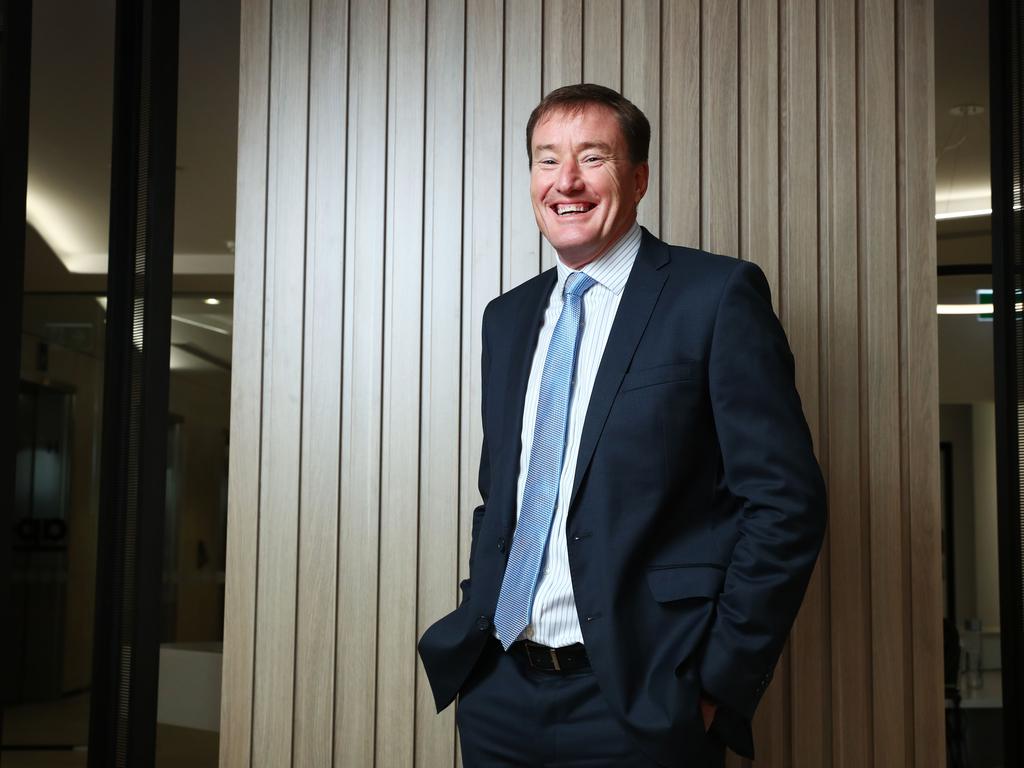


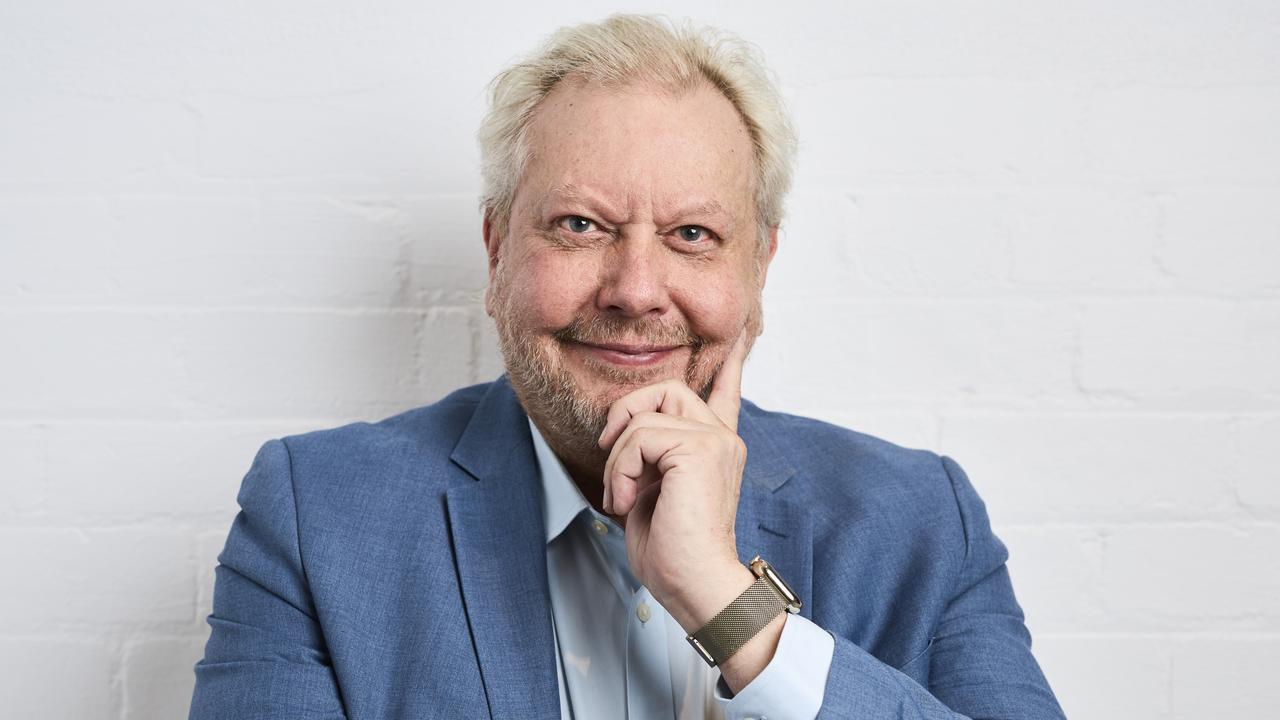
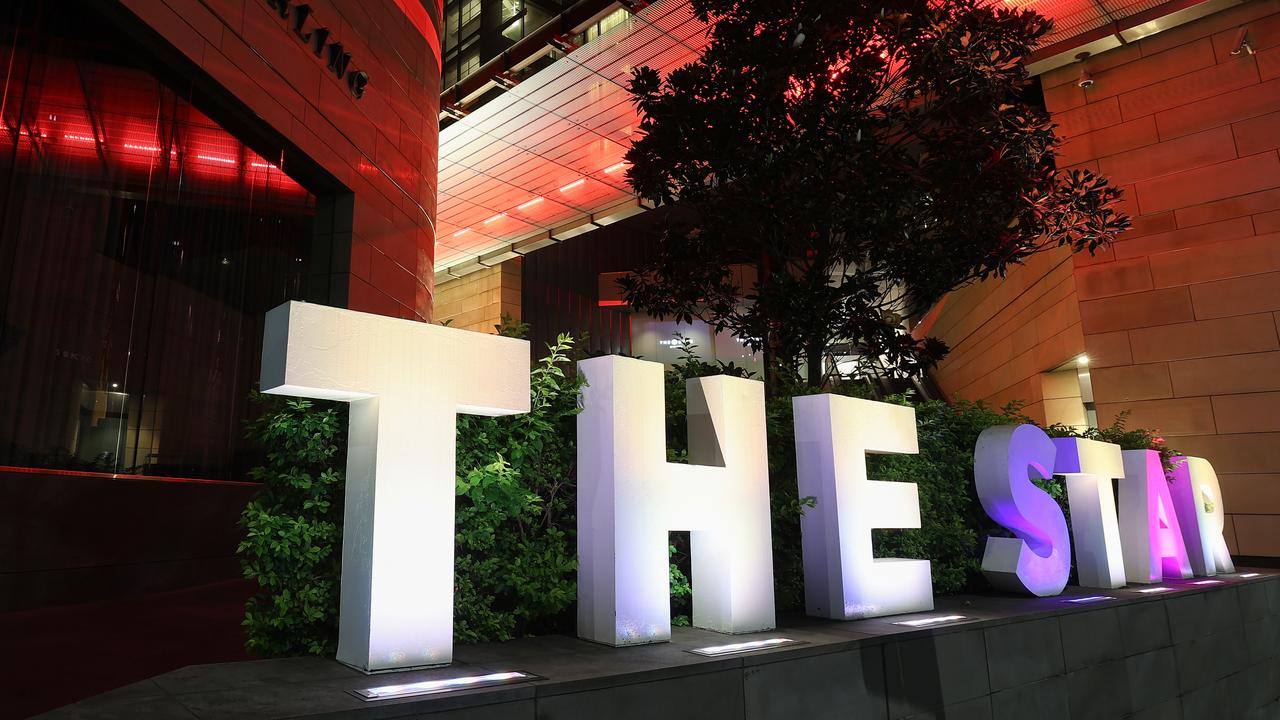
To join the conversation, please log in. Don't have an account? Register
Join the conversation, you are commenting as Logout